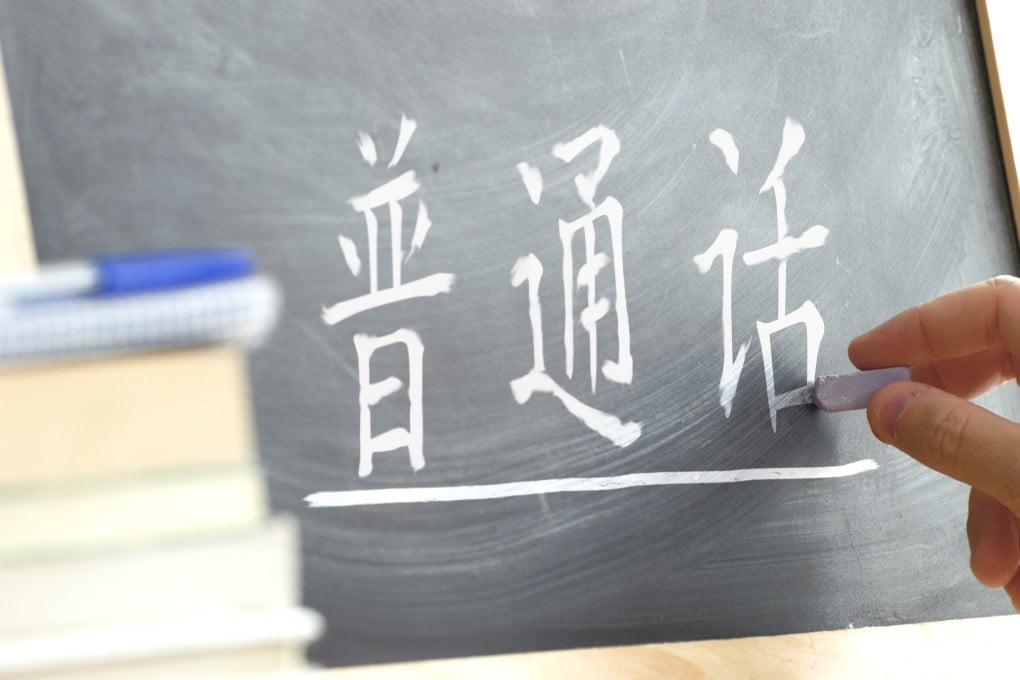Advertisement
Opinion | Americans won’t know China well if they don’t know Mandarin
- Tapes and websites have their place, but they are no substitutes for cultural immersion in the country where the language is spoken
Reading Time:3 minutes
Why you can trust SCMP
14

Mark Magnierin New York
About 2,500 years ago, famed Chinese military strategist Sun Tzu warned of the vital importance of knowing your enemy and knowing yourself. The United States, for hardly the first time, could use some advice from the ancient Chinese sage.
While China and the US are not outright enemies, at least not yet, Washington has adopted a host of terms – from “adversary” and “geostrategic rival” to “contender” and “pacing challenge” – to describe a relationship that is hardly headed in the right direction. Whether ties get worse or manage to turn around, Americans could do a whole lot better understanding the Asian giant by devoting more time to learning Mandarin.
Without training a class of experts deeply steeped in Chinese culture, language and customs, the United States is hampered in understanding Beijing’s motives, crafting informed decision-making and avoiding the sort of cardboard imagery that stokes conflict.
And while tapes and websites have their place, there are few substitutes for studying in the country where a language and culture are rooted.
“We need young Americans to learn Mandarin. We need young Americans to have an experience of China,” said Nicholas Burns, the US ambassador to China, late last year.
Exchanges have faced an uphill struggle. The Covid-19 pandemic and growing US-China tensions have taken their toll. And parents on both sides are increasingly worried about safety given America’s gun culture, Beijing’s growing obsession with security and last month’s knife attack on teachers from Iowa in the northeastern province of Jilin.
Advertisement
Select Voice
Choose your listening speed
Get through articles 2-3x faster
1.1x
220 WPM
Slow
Normal
Fast
1.1x
